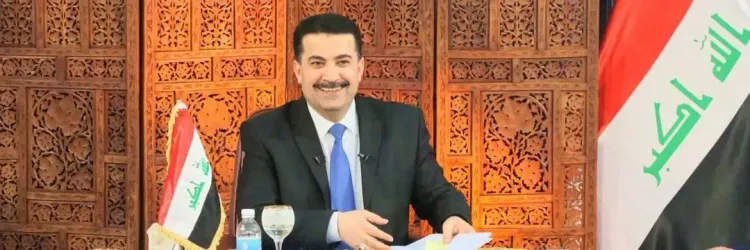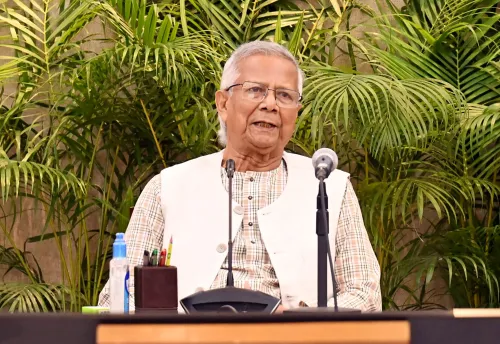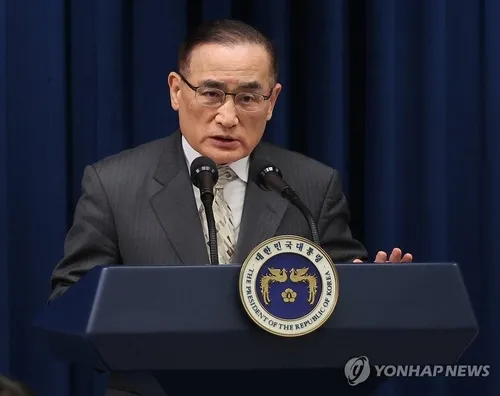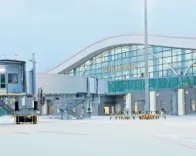Iraq Calls for Collective Action to Foster Regional Stability

Synopsis
Key Takeaways
- Unified regional efforts are essential for Middle Eastern stability.
- Iraq is ready to coordinate closely with Türkiye on regional matters.
- Addressing the threat from Islamic State (IS) requires sustained collaboration.
- There is a push for a regional alliance involving Iraq, Syria, Jordan, and Turkey.
- Discussions included the need to safeguard the ceasefire and address the situations in Gaza and Lebanon.
Baghdad, Jan 27 (NationPress) Iraqi Prime Minister Mohammed Shia' al-Sudani emphasized the necessity for collective action among regional nations to bolster stability in the Middle East.
Al-Sudani conveyed these sentiments on Sunday during a conference with the visiting Turkish Foreign Minister Hakan Fidan. A statement from al-Sudani's media team indicated that the two leaders addressed the status of their bilateral relations and the current situations in Syria, Gaza, and Lebanon, underscoring the need to adhere to existing ceasefire agreements.
The Prime Minister reiterated Iraq's preparedness to collaborate with neighboring nations, particularly Türkiye, in light of ongoing regional changes.
In response, Fidan expressed Turkey's intention to maintain close cooperation with Iraq concerning regional matters, highlighting Turkey's commitment to the strategic Development Road project and partnerships based on previously signed memorandums of understanding in sectors such as energy, education, trade, and banking, as reported by Xinhua news agency.
Fidan also had discussions with Iraqi President Abdul Latif Rashid, focusing on regional developments and the urgency of reducing tensions, de-escalating conflicts, and fostering dialogue to resolve disputes, according to a statement from the Iraqi presidency.
Rashid called for continuous joint efforts to eradicate the threat posed by Islamic State (IS) and other extremist factions, emphasizing the significance of both regional and international collaboration for sustainable security and stability.
Fidan proposed the creation of a regional alliance that includes Iraq, Syria, Jordan, and Turkey to combat the IS group, dismantle its strongholds, and disrupt its funding sources, thereby ensuring greater stability in the region.
On the same day, Iraqi Foreign Minister Fuad Hussein met with Fidan, where they discussed their bilateral ties and explored avenues for further advancement to serve mutual interests, as per a statement from the Iraqi foreign ministry.
Concerning the situation in Syria, both parties confirmed their ongoing communication with Syria's interim administration for joint coordination on shared issues.
Hussein emphasized the importance of addressing security concerns along the Iraqi-Syrian border, particularly regarding the IS.
The discussions also covered the situation in Gaza, developments in Lebanon, and the necessity of transforming the ceasefire into a lasting arrangement while advocating for an end to Israeli attacks.
Fidan remarked that Turkey perceives its relationship with Iraq as strategic, noting that Iraq's security and stability directly contribute to Turkey's own, fostering prosperity for both nations.










